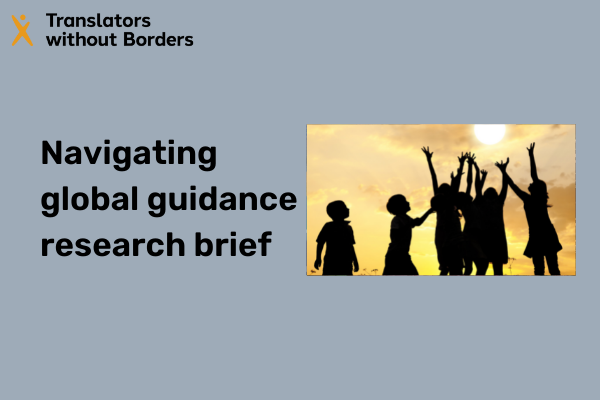Language matters: Improving accountability and operational effectiveness in Northeast Nigeria
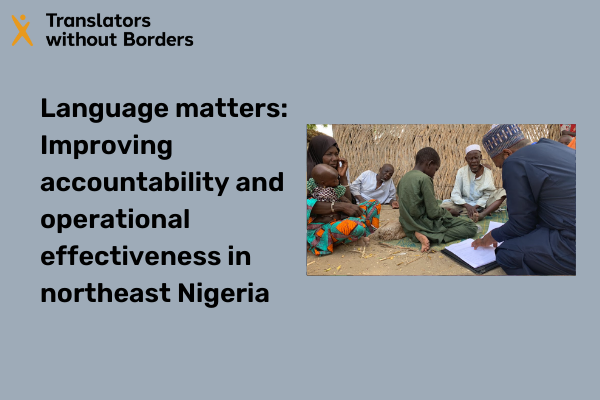
MSNA language data can help humanitarians communicate better with affected people
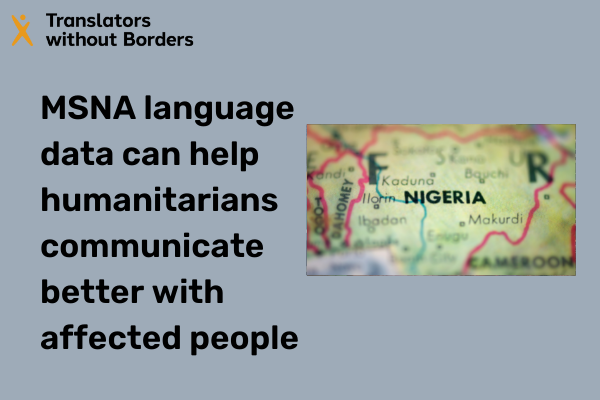
Are they listening? The challenges and opportunities of multilingual audio communication in Borno State
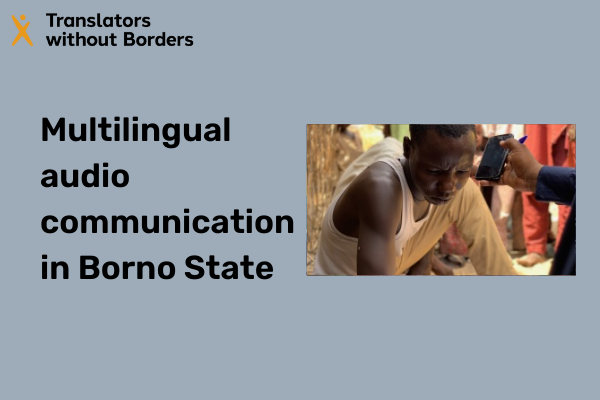
People affected by the conflict in linguistically diverse Northeast Nigeria need to give and receive critical information in multiple languages. Options for doing so […]
The 2021 multi-sector needs assessments (MSNAs) should collect data on the languages of affected people
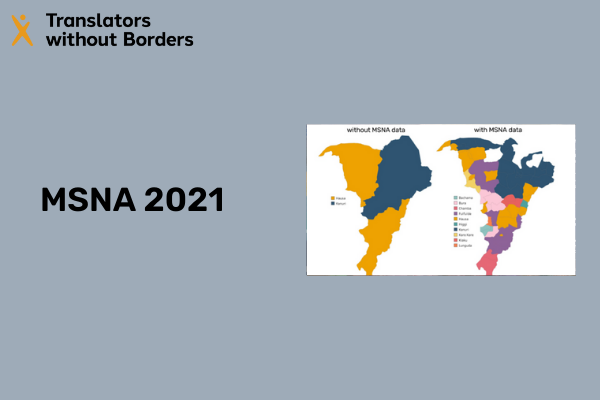
The 2021 multi-sector needs assessments (MSNAs) are a critical opportunity to strengthen the evidence base for effective and accountable humanitarian response plans. Humanitarian donors […]
20+ language tips for effective humanitarian data collection
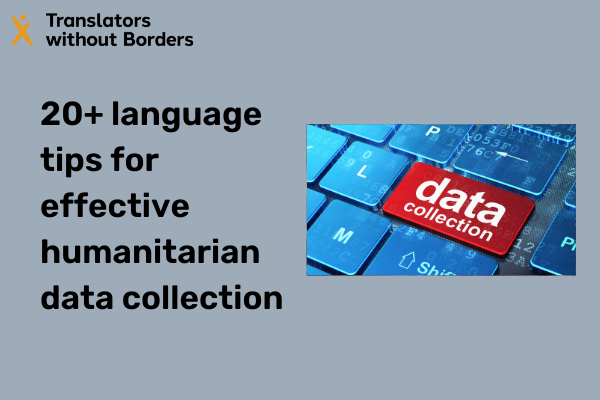
This infographic lists the language steps to be considered during a data collection, with tips for when such collection needs to be remote. Download […]
Five easy steps to integrate language data into humanitarian and development programs
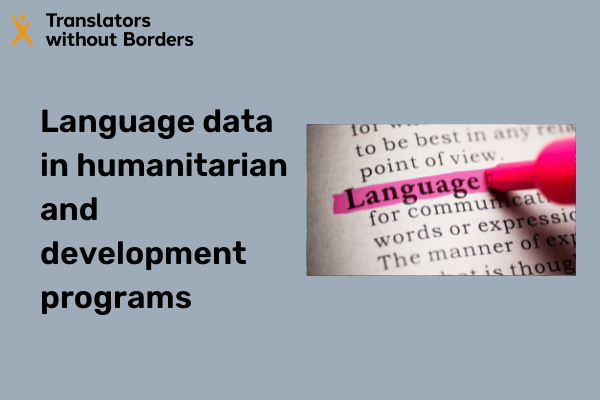
Learn how to best incorporate language data into humanitarian and development programs for more effective community communication.
PSEA recommendations: Language issues for safeguarding
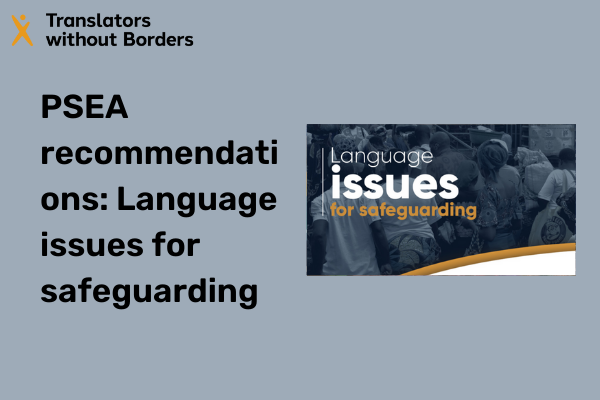
TWB’s research shows that a language sensitive response to Ebola outbreaks could improve understanding and trust in key messages. It will enhance the accessibility […]
Assessment: effective Ebola communication requires respect and transparency
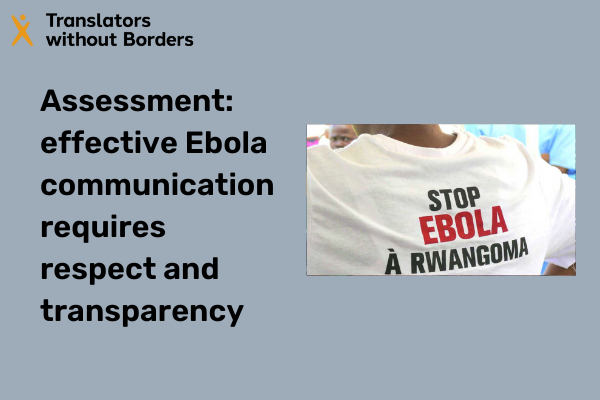
In the second year of the current Ebola outbreak response in the Democratic Republic of Congo (DRC), people at risk still don’t have clear […]
Missing the mark? People in Eastern DRC need information on Ebola in a language they understand
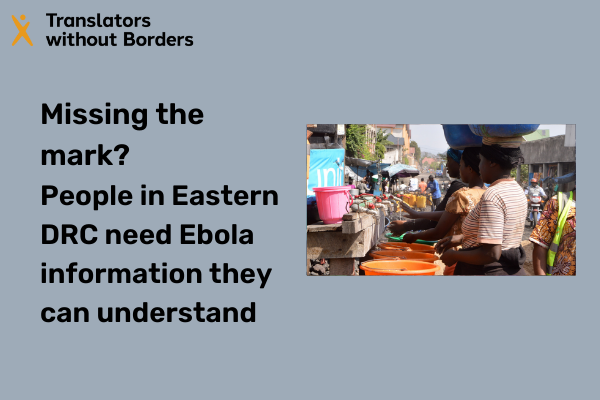
People at risk of contracting Ebola need information to keep themselves and their families safe. Information they don’t understand will not help them. They […]
Navigating global guidance
